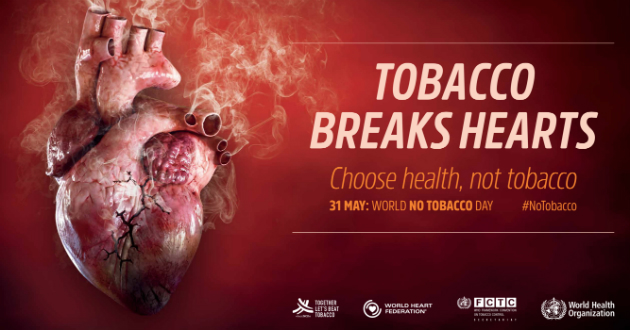Victoria University Law and Justice Journal (2017)
Matthew Rimmer
Investor-State Dispute Settlement (ISDS) poses significant challenges in respect of tobacco control, public health, human rights, and sustainable development. Two landmark ISDS rulings provide procedural and substantive guidance on the interaction between ISDS and tobacco control. The ISDS action by Philip Morris against Uruguay in respect to graphic health warnings raised important procedural and substantive issues. The ISDS matter between Philip Morris and Australia over the plain packaging of tobacco products highlighted matters in respect of abuse of process. In the Trans-Pacific Partnership (TPP), there was a special exclusion for tobacco control measures in respect of ISDS. There was also a larger discussion about the role of general public health exceptions. In the Comprehensive Economic and Trade Agreement (CETA), there was a debate about the application of ISDS to intellectual property rights. In the European Union, there has been discussion of the creation of an international investment court. In the renegotiation of the North American Free Trade Agreement (NAFTA), there has even been calls to abolish ISDS clauses altogether from both Republicans and Democrats. This article concludes there is a need to protect tobacco control measures implementing the WHO Framework Convention on Tobacco Control 2013 from further investor and trade challenges.
Link – https://works.bepress.com/matthew_rimmer/290/
Keywords – Tobacco control, graphic health warnings, plain packaging of tobacco products, trade, investment, investor-state dispute settlement, Trans-Pacific Partnership, Regional Comprehensive Economic Partnership, North American Free Trade Agreement, Comprehensive Economic and Trade Agreement, TPP, CETA, NAFTA
Matthew Rimmer, ‘The Chilling Effect: Investor-State Dispute Settlement, Graphic Health Warnings, the Plain Packaging of Tobacco Products and the Trans-Pacific Partnership’, (2017) Victoria University Law and Justice Journal





